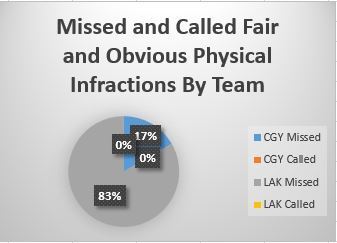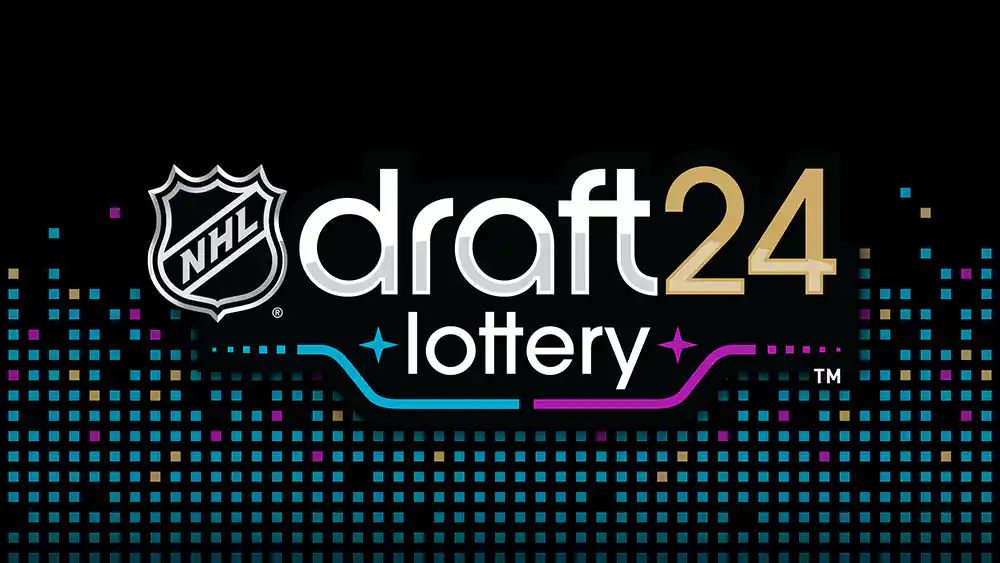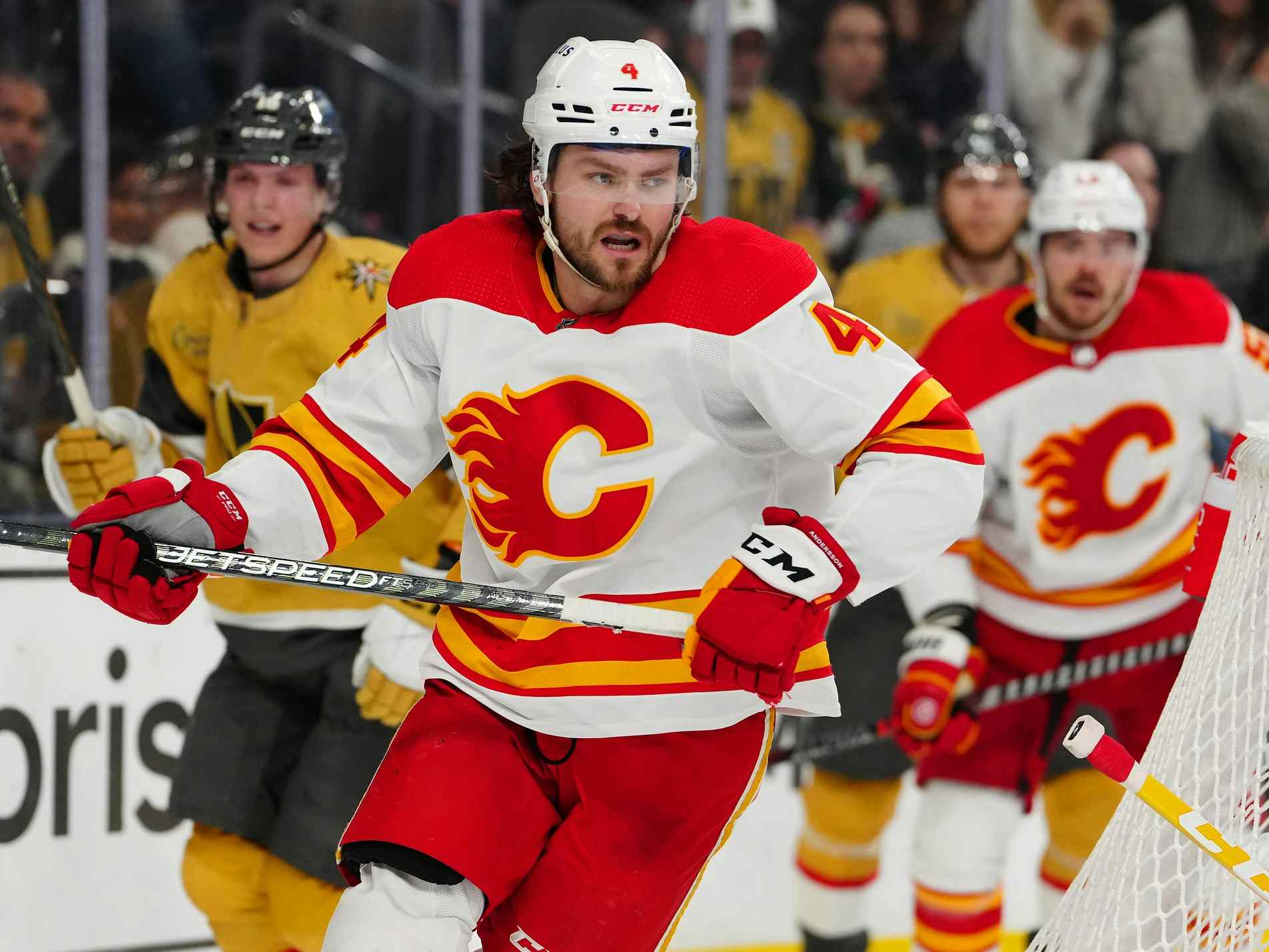Referees and the Calgary Flames – Part 2
By RexLibris
7 years ago
Previously (here) I had examined the role of called and uncalled infractions on two Flames games. In the second of this series we’ll be looking at three games: the March 31 3-0 loss to the Kings, a 7-3 smackdown of the Canucks on April 7 and the April 5 5-4 overtime loss to the aforementioned Kings.
To save space, I’d direct any questions on the methods to the first in the series where I explain why I’m doing this, how I go about it, and some of the basis premises on officiating we are looking to apply here.
Calgary vs Los Angeles (game 1)
So, let’s begin with the 3-0 loss to the Kings. The referees for the game were Gord Dwyer and Graham Skilliter. The most oft-targeted players were Matt Stajan for the Flames and Anze Kopitar for the Kings.
As usual, we start with an overall view of the infractions, called and uncalled, and sorted by type and severity.



For the first time thus far we see a very clear divide between the Flames and an opponent when it comes to uncalled infractions. This would seem to support what the eye tells us about how the Kings play and the degree to which many fan bases complain about a failure of officials to apply the rules consistently when it comes to Los Angeles.
Note that despite the disparity in uncalled infractions, the powerplay opportunities actually favour, albeit slightly, the team committing the larger number of uncalled infractions.
Let’s weed out the marginal or weak infractions and separate the data into technical and physical elements to see if there’s anything else this can tell us.


All of the penalties handed out in this game were for technical fouls (I categorize these as hooking, tripping, interference, holding, etc).
Let’s look at the physical infractions now.


Okay, before we go off on a rant, keep in mind that the percentages are going to look much more dramatic because we are drawing on a relatively small sample size: only six total infractions between the two teams. Nevertheless, the Kings look to have committed five fair to obvious physical fouls and yet did not receive a single penalty as a result.
Recall the article cited in the first of this series that suggested that teams facing a deficit on the scoreboard were more likely to draw penalties than those in the lead. The Flames failed to score a single goal in this game and therefore were arguably deserving of that benefit, if such a thing really exists. On top of that, it would appear that the Kings did provide ample opportunity for the officials to indulge in this tipping of the scales, so to speak, and yet it does not appear to have occurred.
Now, this is only one game, so I’ll refrain from making any sweeping statements or trying to draw broad conclusions from it. However, if we place this game in direct contrast to the two that went before it, where the Flames carried a more even ratio of uncalled to called infractions relative to their opponent, I think we have at least found one piece of evidence towards building a larger case that officiating has some bias in favour of some teams.
Calgary vs Vancouver
On to the second game, a much happier affair for Flames fans, as it was a 7-3 drubbing of the despised Canucks.
The referees for the game were Brad Meier and Jake Brenk. The most-targeted players were Joe Colborne for the Flames and Ryan Miller for the Canucks.
Despite there being fewer uncalled infractions in this game versus some others we’ve looked at, the penalties that were called are somewhat interesting. Have a look at the table below.



Calgary was called on nearly one-third of every infraction committed, a high rate by the standards we’re working off thus far. Meanwhile the Canucks were penalized on about one-fifth of their total infractions.
Let’s break down the numbers into technical and physical and remove the weak or marginal calls again to see what happens.


All things being equal, this is a pretty even draw in terms of missed and called infractions. Once again the Flames committed fewer but were penalized more often, however the overall numbers are reasonably close when we consider the entire 60 minutes of gameplay.


The physical infractions are, again, close, but the ratios are a little more alarming because of the small number of incidents.
Going back to the earlier article I had mentioned regarding a team’s ability to draw penalties being increased depending on their goal-state, namely that when they are behind they will get calls in their favour, the final score would align with the numbers we’re seeing here. However, looking at the timing of penalties called relative to goals scored, I think in this case at least what we are seeing is a game somewhat out of hand at the end of a season in which neither team has anything for which to play. Call it a curious mix of frustration, resignation and ennui.
Calgary vs Los Angeles (game 2)
The final game in our series is the April 5 game against the Los Angeles Kings, a 5-4 OT loss by the Flames.
The referees for the game were Wes McCauley and Tom Kowal. The most frequently targeted players were Matt Stajan for the Flames and Trevor Lewis for the Kings.
In the earlier Kings/Flames game the Kings had a slight edge in uncalled infractions over the Flames (by seven), yet the Flames had been called for one more penalty than the Kings overall. Here, the penalties are much closer, though the disparity in uncalled infractions remains.



If we averaged out the six uncalled infractions the Kings held above the Flames over an entire game, we have two per period, which isn’t terribly significant. The fact that the Kings were called for one more penalty than the Flames would suggest that those six uncalled infractions is probably close to a standard rate of call for NHL officials (that is to say, one penalty for every six uncalled infractions).
From this point I think one could argue that it looks like the Flames gave as good as they got.
But let’s break down the numbers a little further, remove the weak and marginal calls, and see what happens.


The Kings committed technical fouls at a 2-to-1 rate compared to the Flames and were penalized accordingly, receiving three penalties to the Flames’ one.
This looks like a fair breakdown, in my opinion. So that even though the Kings carried the greater share of uncalled infractions, they were also penalized at a slightly higher rate (1:7 for the Flames, 1:5 for the Kings). So long as teams receive penalties at the same rate relative to the number of infractions they commit, I think most teams and players would be content. It is when a team commits a far greater share of infractions and yet is penalized for fewer of them that our sense of fairness is insulted.
But let’s look at the physical infractions to see if the Kings’ reputation holds up.


Here’s where things get interesting. The Flames committed six uncalled physical infractions to the Kings’ four, unusual given the Kings’ reputation, and were penalized twice as a result, an inversion of the technical infraction results for each team.
This concludes our five-game review. Next we’ll have a look at the entirety of the data collected and see what we can draw from it.
Thank you for reading and please feel free to comment either in the section below or to me directly via Twitter (@codexrex).
Below is the raw data for the three games listed.
CGY vs LAK (game 1)
| M/C | Severity | Type | CGY | LAK |
| M | 1t | Int | 11 | |
| M | 2p | Sl | 8 | |
| M | 2t | Tr | 27 | |
| M | 3t | Hk | 18 | |
| C | 2t | Hd St | 18 | |
| M | 1t | Int | 17 | |
| M | 2t | Int | 16 | |
| M | 2p | Sl | 16 | |
| M | 1t | Hk | ? | |
| M | 1p | CC | 18 | |
| M | 1p | Sl | 11 | |
| M | 2t | Hk | 11 | |
| M | 2t | Hd St | 23 | |
| M | 1t | Int | 23 | |
| M | 2t | Hk | 29 | |
| M | 1t | Tr | 11 | |
| M | 2t | Int | ? | |
| C | 2t | Tr | 32 | |
| M | 3t | Hk | 3 | |
| M | 2t | Hk | 7 | |
| M | 1t | Hk | 5 | |
| M | 3t | Hk | 15 | |
| M | 1t | Tr | 11 | |
| M | 1t | Hk | 67 | |
| C | 2t | Int | 16 | |
| M | 1t | Int | 23 | |
| M | 1t | hk | 49 | |
| M | 1t | Hk | 23 | |
| M | 1t | Hk | 74 | |
| M | 2p | Sl | 13 | |
| M | 1t | Hk | 8 | |
| M | 2t | Hk | 7 | |
| M | 1t | Hk | 5 | |
| C | 3t | Tr | 67 | |
| M | 3p | Sl | 17 | |
| C | 3t | Tr | 77 | |
| M | 1t | Tr | 44 | |
| M | 1t | Hk | 13 | |
| M | 1t | Hk | 93 | |
| M | 3t | Tr | 93 | |
| M | 2p | Sl | 5 | |
| M | 1t | Int | 23 | |
| M | 3p | HS | 33 | |
| M | 2t | Int | 3 |
CGY vs VAN
| M/C | Severity | Type | VAN | CGY | Time |
| M | 2t | Tr | 93 | 19:40 | |
| C | 0p | HS | 8 | 18:50 | |
| M | 1p | Sl | 49 | 18:00 | |
| M | 1p | Sl | 11 | 17:33 | |
| M | 1t | Tr | 13 | 16:59 | |
| M | 3t | GI | 30 | 15:49 | |
| M | 3t | Hk | 11 | 15:46 | |
| M | 1p | Sl | 8 | 15:35 | |
| M | 1t | Int | 16 | 14:40 | |
| M | 2p | Sl | 53 | 14:14 | |
| M | 2p | Sl Ft | 18 | 12:02 | |
| C | 3p | GI | 30 | 10:40 | |
| M | 1p | Tr | 5 | 9:14 | |
| M | 1p | Sl | 8 | 7:20 | |
| M | 3t | Tr | 36 | 5:01 | |
| M | 1t | Hk | 2 | 4:13 | |
| C | 2t | Hd | 18 | 3:54 | |
| M | 3t | Tr | 16 | 3:20 | |
| M | 2t | Hd | 16 | 2:30 | |
| C | 3p | F | 15 | 1:50 | |
| C | 3p | F | 52 | 1:50 | |
| M | 1p | CC | 52 | 1:50 | |
| M | 1t | Hk | 50 | 1:50 | |
| M | 3t | Int | 33 | 19:38 | |
| M | 2p | El | 49 | 19:29 | |
| M | 1p | Sl | 7 | 13:18 | |
| C | 3p | R | 55 | 12:34 | |
| M | 3p | Sl Ft | 23 | 10:19 | |
| M | 2t | Int | 8 | 9:48 | |
| C | 3t | Tr | 93 | 9:44 | |
| M | 3t | Tr | 2 | 8:10 | |
| C | 3t | Tr | 37 | 7:52 | |
| M | 2t | Tr | 93 | 7:02 | |
| M | 2t | U Dv | $ | by 93 | 7:02 |
| M | 2t | Hk | 5 | 5:37 | |
| C | 2t | Brk Stk | $ | 1:31 | |
| M | 3p | Sl | 53 | 0:16 | |
| M | 3t | Hk | 16 | 19:38 | |
| M | 1t | Hk | 8 | 17:41 | |
| M | 3t | Tr | 29 | 16:05 | |
| C | 3t | Hk | 41 | 13:11 | |
| M | 3t | CC | 23 | 6:03 | |
| M | 3t | Int | 88 | 5:15 | |
| M | 2t | Tr | 8 | 2:30 | |
| M | 1t | Hd | 11 | 2:19 |
CGY vs LAK (game 2)
| M/C | Severity | Type | CGY | LAK | Time |
| M | 1t | Tr | ? | 18:42 | |
| M | 2t | Tr | 57 | 17:51 | |
| M | 3p | Sl | 7 | 16:56 | |
| M | 1t | Hk | 53 | 15:30 | |
| M | 2p | CC | 18 | 15:25 | |
| M | 2t | Int | 57 | 15:13 | |
| M | 2p | Bd | 18 | 15:09 | |
| M | 3t | Hd | 5 | 14:44 | |
| C | 1t | Hk | 23 | 13:38 | |
| M | 1p | R | ? | 12:07 | |
| M | 1t | Tr | 11 | 9:30 | |
| M | 1t | Hd | 8 | 8:47 | |
| M | 2t | Tr | 10 | 7:52 | |
| M | 2t | Int | 22 | 5:17 | |
| M | 1p | Sl | 16 | 4:59 | |
| M | 1t | Hd | 16 | 4:42 | |
| M | 1p | Sl | 5 | 2:56 | |
| C | 3p | GI | 1 | 2:23 | |
| M | 2t | Int | 16 | 2:09 | |
| M | 1p | Sl | 93 | 19:18 | |
| M | 3p | Sl | 22 | 19:04 | |
| M | 2p | R | 22 | 19:04 | |
| M | 3t | Tr | 3 | 18:00 | |
| C | 3t | Int | 8 | 17:50 | |
| M | 1t | Hk | 73 | 17:00 | |
| M | 2p | Sl | 73 | 16:59 | |
| M | 2t | Tr | 93 | 15:07 | |
| M | 2t | U Dv | $ | By 11 | 15:07 |
| M | 1p | CC | 6 | 14:21 | |
| M | 1p | Bd | 18 | 13:54 | |
| M | 1t | Tr | 74 | 13:32 | |
| M | 3t | Int | 93 | 12:32 | |
| M | 2t | Hk | 79 | 12:25 | |
| M | 1t | Tr | 70 | 9:15 | |
| C | 3t | Hk | 13 | 8:25 | |
| M | 2t | Int | 23 | 4:14 | |
| M | 2t | Tr | 70 | 3:27 | |
| C | 2t | Tr | 49 | 1:10 | |
| M | 2t | Tr | 13 | 1:03 | |
| M | 2t | Int | 22 | 0:40 | |
| M | 1t | Tr | 23 | 19:42 | |
| M | 3t | Tr | 27 | 16:54 | |
| M | 3t | Hk | 8 | 13:41 | |
| M | 3p | CC | 53 | 13:07 | |
| M | 3p | Sl | 73 | 12:57 | |
| M | 2p | Sl | 29 | 12:56 | |
| M | 1t | Hk | 49 | 12:04 | |
| C | 3p | HS | 70 | 11:52 | |
| M | 2t | Hk | 11 | 10:58 | |
| C | 3t | Tr | 79 | 8:34 | |
| M | 1p | Bd | 5 | 2:07 | |
| M | 1p | Sl | 5 | 0:40 | |
| M | 2p | CC | 10 | 0:36 |
Recent articles from RexLibris




